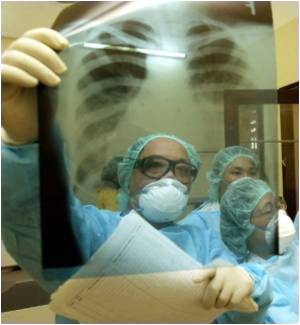Erlotinib Medication Information
Learn everything you need to know about Erlotinib-pronunciation, uses, dosage guidelines, indications, and when to take or avoid it.
Get up-to-date information on side effects, precautions, warnings, and proper storage to ensure safe usage.
Explore Erlotinib brand names commonly used in India and internationally, along with detailed pricing information. Consult your healthcare provider for tailored medical advice.
Generic Name : Erlotinib Pronunciation : er-LOE-ti-nib ICD Code : Y43.3 Therapeutic Classification : ChemotherapyBrand Names or Trade Names of Erlotinib
India :
International :
Tarceva
Why is Erlotinib Prescribed? (Indications)
This medication is a tyrosine kinase inhibitor, prescribed for metastatic non-small cell lung cancer, and pancreatic cancer.When should Erlotinib not be taken? (Contraindications)
Hypersensitivity.What is the dosage of Erlotinib?
PO- The recommended daily dose is 100 to 150 mg taken on an empty stomach.How should Erlotinib be taken?
It comes as a tablet to take by mouth, on an empty stomach.What are the warnings and precautions for Erlotinib?
• Caution should be exercised in patients with history of stomach problem, liver, kidney, or heart disease, dehydration, had radiation therapy, any allergy, who are taking other medications, elderly, children, during pregnancy and breastfeeding.• It may reduce platelet counts; avoid injury or bruising.
• Avoid exposure to sunlight; otherwise it may cause sunburn easily.
• Monitor liver, kidney or lung function, eye examinations, and blood electrolytes regularly while taking this medication.
• Avoid contact with people who have infections.
What are the side effects of Erlotinib?
Most Common - Rash and diarrhea.General - Fatigue, loss of appetite, itching, pimples, skin inflammation, dry skin, fever, fluid retention and decreased weight.
Gastrointestinal - Nausea, abdominal pain, vomiting, constipation, indigestion and flatulence.
Musculoskeletal - Bone pain and muscle pain.
Respiratory - Difficulty in breathing and cough.
Central Nervous System - Depression, dizziness, headache, sleeplessness, anxiety, nerve disease and rigors.











